Amtrak chief defends decision to kill the traditional dining car on some long-distance trains
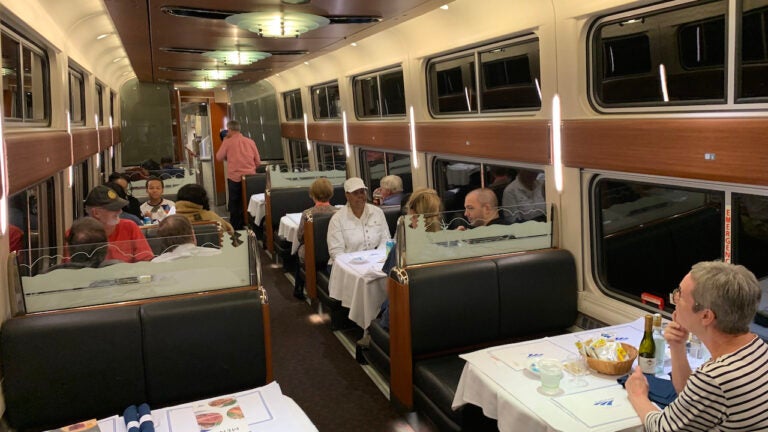
WASHINGTON – Amtrak president and chief executive Richard Anderson on Wednesday defended the company’s decision to kill the traditional dining car on some long-distance trains, a shift that has ignited a firestorm of complaints from railroad passengers and aficionados.
Anderson acknowledged the transition to more “flexible” and “contemporary” dining options hasn’t been popular, but said it has not hurt ticket sales.
“There’s a lot of anecdotes about food because there are people that love the long-distance service and the halcyon days of sitting in the dining car in your coat and tie and I appreciate that,” Anderson said while testifying in front of the House Transportation subcommittee Railroads, Pipelines, and Hazardous Materials. “But when you make these kinds of changes, you make these kinds of changes based on data and we have data about what our customers’ preferences are.”
Amtrak began to do away with the traditional onboard kitchen on the one-night routes east of the Mississippi River this fall. The carrier said the change is driven by the desire to save money and lure a younger generation of riders who aren’t fond of sharing meals with strangers at a communal table.
With the transition, Amtrak switched to serving prepackaged meals and easing restrictions on the traditional serving times, a move that critics say mirrors the airline industry’s approach to meals. The traditional dining car will continue, for now, on half of Amtrak’s 15 long-distance lines, the railroad said. Amtrak has also changed dining options on other routes, including the Northeast Corridor lines.
Rep. Doug LaMalfa, R-Calif., questioned Anderson about the impact a “downgraded” dining service has had on ridership and ticket sales, to which Anderson replied, “Our ridership is growing and it is growing significantly.”
Rep. Steven Cohen, D-Tenn., who in recalling a dining car experience with his father when he was 10, cited thick French toast that was served for breakfast and the filet mignon entree for dinner, said Amtrak’s dining options mirror the airline industry.
“This is shortsighted and foolish,” Cohen said. ″Is like Delta Air Lines taking away amenities to passengers on their airplanes and making air traffic more like traveling on a bus.”
Other witnesses hearing “Amtrak Now and Into the Future, also brought up concerns about cuts in the dining services and the customers’ backlash. Jim Mathews, president and chief executive of the Rail Passengers Association said many train riders are still lamenting the end of the dining car.
“They look back fondly at some of the meals they have enjoyed and the people they have met,” he said. “It is not just the food, it is the experience. It is the experience of meeting people on the train and having that shared meal, which in the modern era has become increasingly a precious thing because we don’t come together in public places very often.”
As of Wednesday, about 118,365 people had signed a Change.org petition urging Congress and the railroad to keep the dining car service on all long-distance trains.
“I got stacks of letters in my office from folks who really don’t want to see that pass,” Mathews said. “They understand that maybe we can’t have the big thick filet anymore, but the idea of sitting at a table with no tablecloth . . . that’s just not what they were looking for and certainly not what they paid for.”
Anderson also fielded questions about train delays, the outsourcing of jobs, and infrastructure challenges. He touted Amtrak’s state of affairs as steady and growing as he lobbied Congress for more support for intercity passenger service. He said the company’s dining changes are supported by market survey data and customer feedback.
“We adapt our service to what customers tell us and we don’t do it on anecdote, we do it on data. Our ridership has grown strongly this year across the board,” he said.
Some members of Congress asked Anderson, the former chief of Delta Air Lines, to reconsider returning the traditional dining cars to the trains from which they were removed.
“You really should consider the humanity, and the romance and the appeal of the train travel with food, which is important and good,” Cohen said. “And not just do it like Delta Air Lines. It took all the meals away, stuffed us into planes worse than Federal Express puts packages on their airplane . . . And I hope you don’t continue that on Amtrak.”
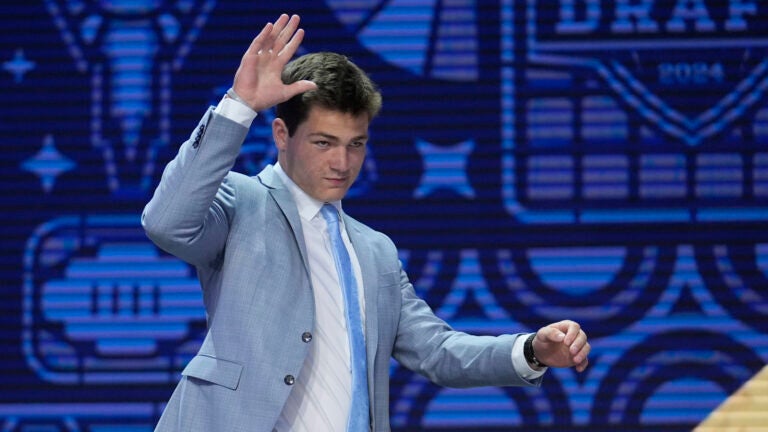
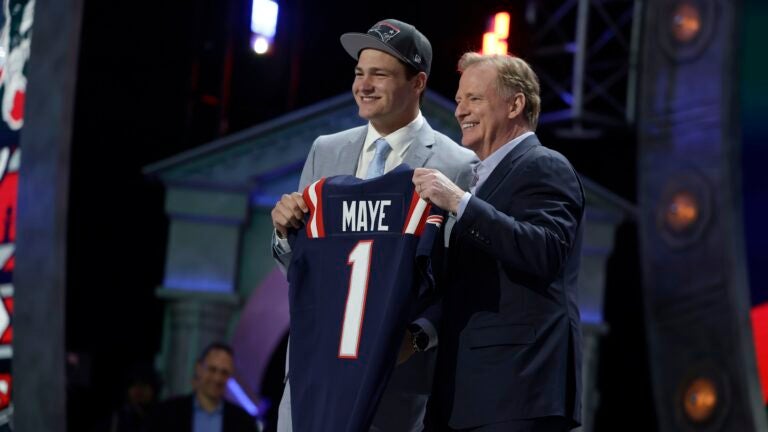

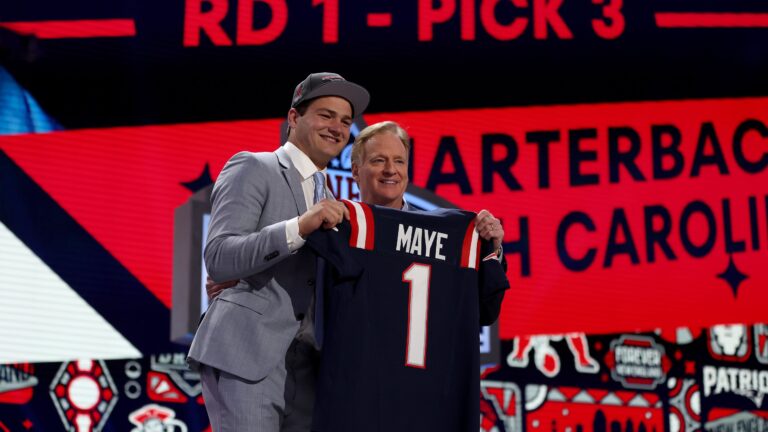
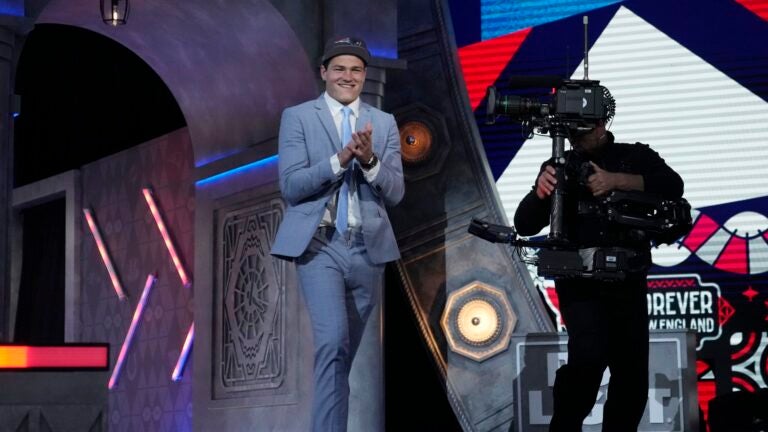
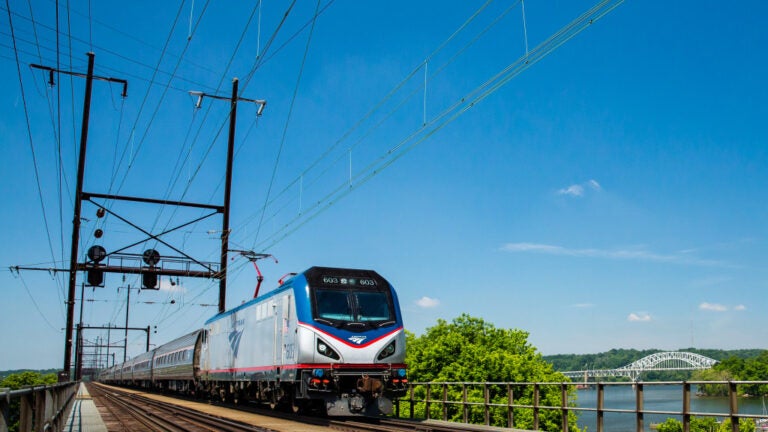
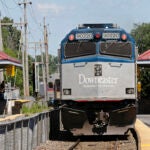
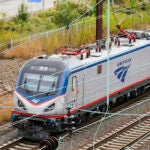
Conversation
This discussion has ended. Please join elsewhere on Boston.com